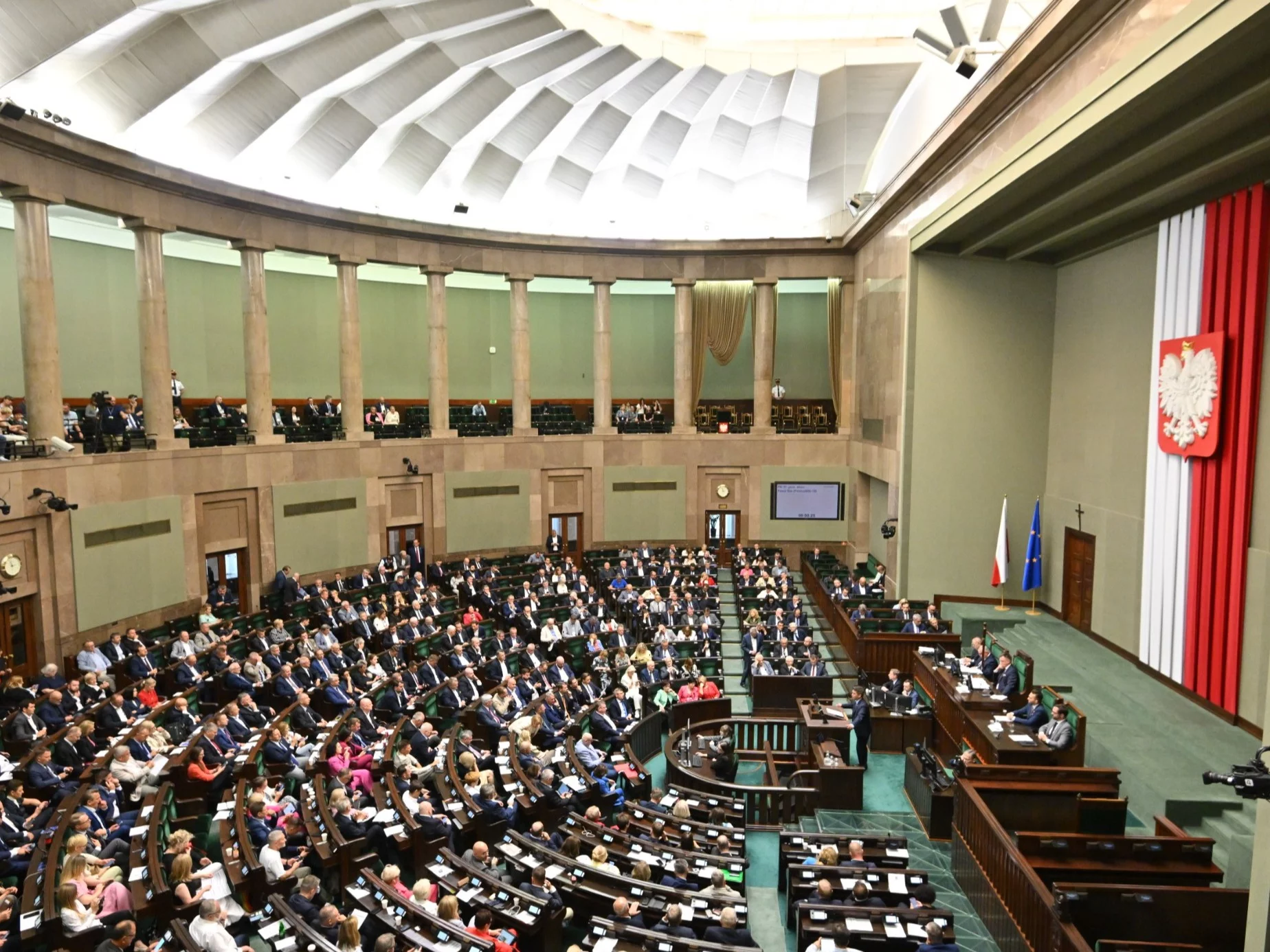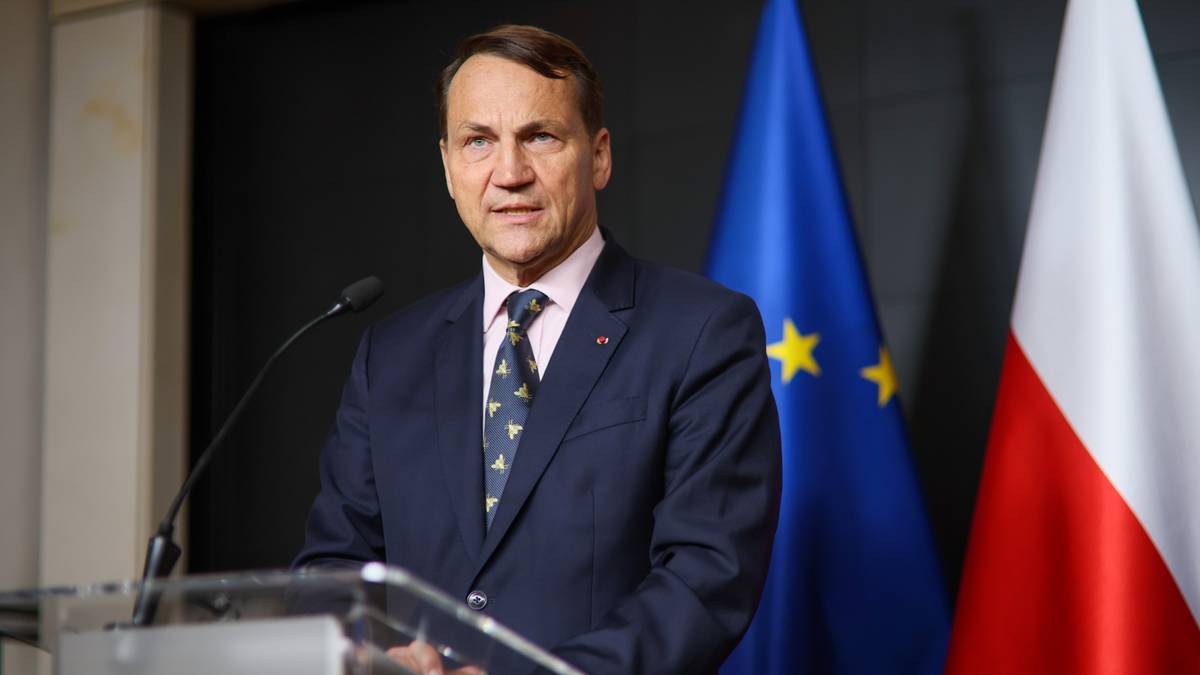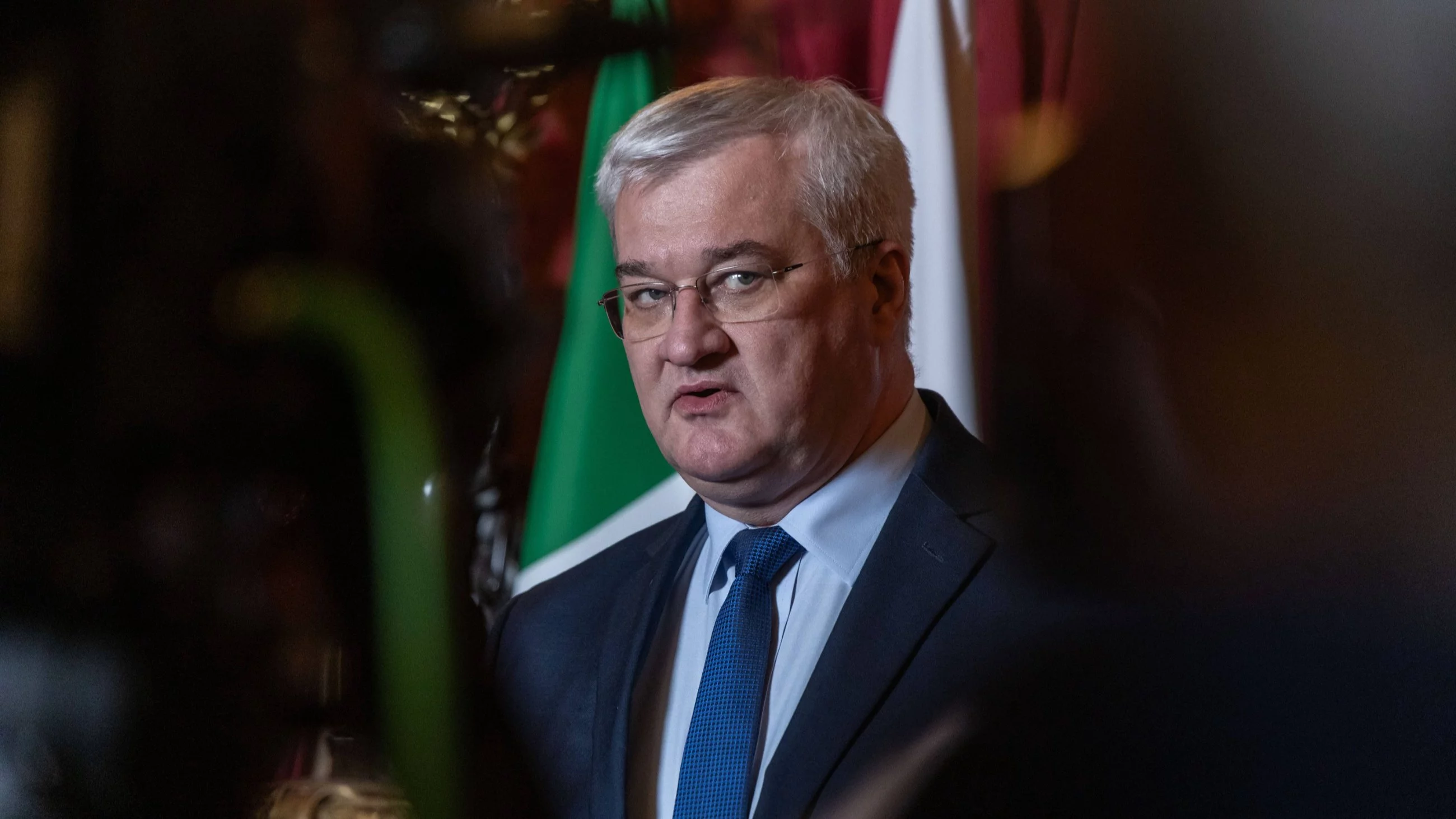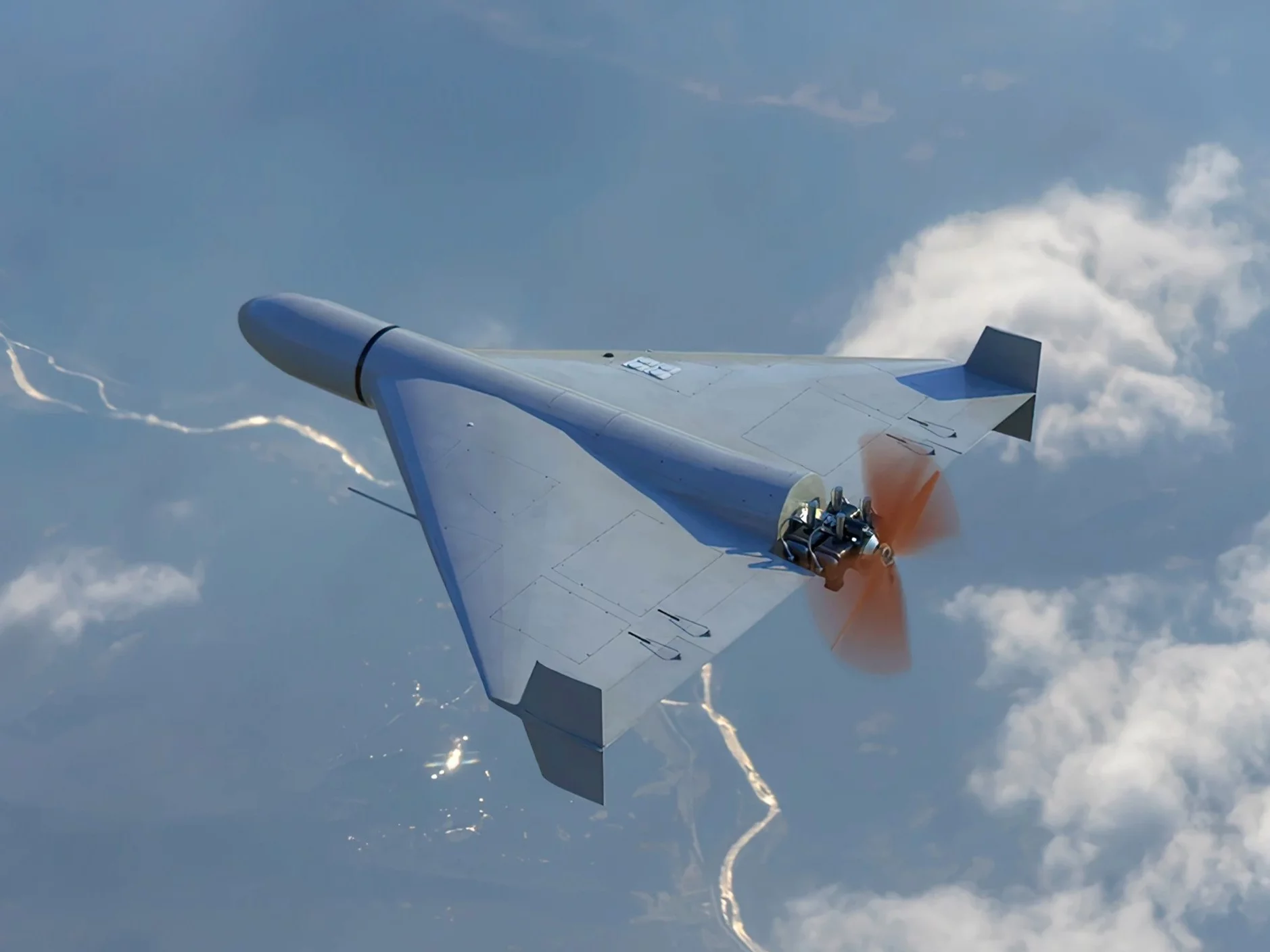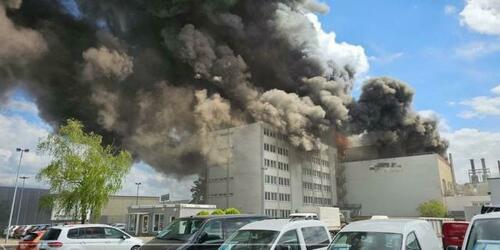
Путин планирует «физические атаки» на Запад, предупреждает британская разведка на фоне тайных поджогов
Высокопоставленный сотрудник британской разведки выдвинул новое тревожное предупреждение о согласовании «российской тройки» с Западом. Энн Кист-Батлер (Anne Keast-Butler), которая в прошлом году возглавляла GCHQ Великобритании или подписывала разведывательные операции (что эквивалентно АНБ Америки), оценила в своей первой большой скорости, что президент Путин замышляет «физические атаки» против западных целей.
Обращаясь к экспертам по кибербезопасности в Бирмингеме, директор GCHQ заявил, что Москва занята «вдохновляющими и вдохновляющими» группами кибератак. В некоторых случаях, по-видимому, координация физических атак против Запада.
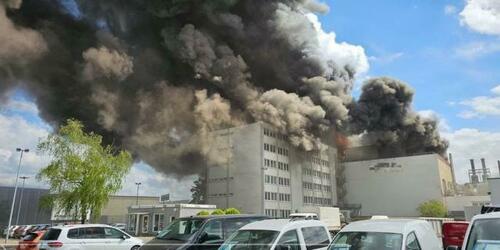 Металлический завод Diehl в Берлине загорелся 3 мая.
Металлический завод Diehl в Берлине загорелся 3 мая.Она сказала, что наряду с Россией Китай представляет собой «определяющий эпоху» риск для долгосрочной национальной безопасности Великобритании. Она подтвердила, что в настоящее время Китай берет на себя «больше ресурсов, чем любая другая миссия».
Но в конечном итоге она сосредоточила внимание на том, что британская разведка «все чаще соглашается с растущими связями между российскими спецслужбами и прокси-группами для проведения кибератак». Предложена физическая слежка и диверсионные операции. ?
Она также заявила, что сейчас идет новое крупное Харьковское наступление, что "Путин не отказался от своей максималистской цели покорить население Украины. "
Ее ужасная оценка приходит, когда британское правительство пытается расправиться с российскими дипломатическими сайтами в Великобритании, которые, как предполагается, являются двойными центрами российской разведки.
Кроме того, в последнее время появились новые адаптации конкретных атак на инфраструктуру Великобритании, связанную с Россией. Например, Телеграф пишет, что «на прошлой неделе британец был Обвинен в поджоге в Лондоне и аккредитован прокурорами, работающими на Wagner GroupРоссийская военизированная организация. "
В том же докладе отмечается, что «Россия уже давно признала, что защищает кибербанды, нацеленные на западные организации, позволяя им действовать с относительной безнаказанностью, когда они осуществляют сложные хакерские атаки. "
На прошлой неделе Национальное агентство по борьбе с преступностью назвало Дмитрия Хорошева, гражданина России, человеком, стоящим за LockBit - группой вымогателей, которая собрала миллионы долларов из бизнеса. Телеграф Продолжается.
Есть и другие места в Европе, где Последние «таинственные пожары» " Предполагаемые диверсионные атаки имели место, повышая содержание чиновников НАТО.
НАТО обвиняет Россию в сотрудничестве с Гангстерами
Разведка НАТО оценила предполагаемые российские поджоги и диверсии в США, Великобритании и ЕС, используя местных гангстеров для подрыва военных кораблей на Украине.
Размещение включает поджог на ключевых объектах:
Лондонский склад... pic.twitter.com/mWBAY1uAPv
— Mario Nawfal (@MarioNawfal) 12 мая 2024 г.
Несколько дней назад, The Daily Mail Выпустил узкоспециализированный доклад, в котором некоторые сенсационно указывают пальцем на «гангстеров», прикрытых Москвой, чтобы «поджечь Европу»:
Руководители разведки предупредили министров, что Бойтесь, что Великобритания и другие ключевые украинские союзники становятся мишенью российских диверсантов. В последние месяцы последовал ряд щедрых жителей.
К ним относятся a Волна огня на оружейных заводах и военно-промышленных объектах на Западе, которые обеспечивают Украину. Были также атаки на компьютерные системы, срывы поездов и даже помехи спутниковых сигналов для гражданских воздушных рейсов.
Вчера вечером (или в прошлую пятницу вечером) высокопоставленный источник в британской службе безопасности сказал, что западные агенты разведки чувствовали себя хорошо. Волна промышленного пожара была связана с МосквойСказав, что «б**ки» пытаются поджечь Европу.
«Многие пожары, которые, как мы думали, были испытаны и не связаны, оказались связанными», — сказал он.
Этот источник добавил, что начальники разведки враждовали с министрами, что Москва была на стороне Москвы. Творчески нанимая бандитов и ультраправых экстремистов для совершения атак на западные интересы.
Славные слова директора GCHQ Кист-Батлера, кажется, дают новое подтверждение тому, что это мнение британской разведки - что по крайней мере Некоторые Эти жители рассматриваются как результат саботажа, связанного с Москвой.
Вероятно, многие из этих промышленных жителей и пожары (возвращающиеся «месяцы», как нам говорят) могут быть испытаны, и ясно, в какой степени был какой-либо фактически подтвержденный саботаж или поджог. Тем не менее, это вызвало некоторую панику в высших эшелонах правительства Великобритании.
Один из членов кабинета министров настаивал на том, что он не может обсуждать предлагаемые диверсии и поджоги, даже на фоновой базе, «из соображений национальной безопасности».
Но депутат от Тори Боб Сили, русскоязычный специалист по дезинформации и член комитета по иностранным делам, Великобритания должна осознать угрозу.
«Мы должны понимать, что российское государство считает, что оно находится в конфликте с Великобританией и другими ведущими западными странами», — добавил он.
Мы должны защищать себя. Мы не знаем истинных масштабов этих операций. Некоторые выглядят дилетантскими, но они станут более сложными.. Они отчасти в пропагандистских целях показывают, что Путин наносит ответный удар по Западу, но также намеревается растянуть наши силы безопасности. ?
Опять же, все эти признания имеют мало поддающихся проверке доказательств (или, по крайней мере, не были обнародованы).
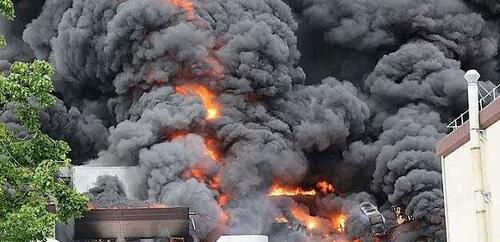 Изображение в социальных сетях Берлинского пожара, как говорят, содержало ядовитую серную кислоту и цианид меди.
Изображение в социальных сетях Берлинского пожара, как говорят, содержало ядовитую серную кислоту и цианид меди.Ниже приведен ключевой инцидент в Берлине. The Daily Mail:
Ранее в этом месяце, аНотариальный пожар на заводе под Берлином, которым управляет компания, производящая системы ПВО, поддерживаемые Украиной.
Для борьбы с адом потребовалось 223 пожарныхс скоплением облаков черного дыма и источников токсичного загрязнения. Полиция заявила, что они предложили «небрежный поджог», поскольку «нет никаких признаков саботажа или нападения».
Волна предполагаемых атак Кремля выходит далеко за рамки атак на военные поставки. Швеция, которая присоединилась к НАТО после вторжения на Украину, инвестирует Поддерживаемый государством саботаж лежит в основе серии потерь поездов.
Польша - ключевой сторонник Киева и маршрута поставок оружия - нарушила сеть диверсантов, которые планировали нападение на их железнодорожную систему.
The Economist сделал такую же аккредитацию в заголовке на этой неделе. Россия наращивает диверсии по всей Европе. Кремль считает, что ведет теневую войну с НАТО. Вот как журнал описал тот же берлинский пожар:
Пожар, вспыхнувший на фабрике Diehl Metallic в пригороде Берлина Лихтерфельде 3 мая, сам по себе не был положительным. На объекте, металлургическом заводе, хранились серная кислота и цианид меди, два химических вещества, которые могут собраться вместе при конфискации. Происходящие аварии. Что вызвало удивление, так это тот факт, что материнская компания Diehl производит систему ПВО IRIS-T, которую Украина использует для парирования российских миссий. Нет никаких доказательств того, что этот пожар был актом саботажа.. Если эта идея великолепна, то только потому, что есть полные доказательства того, что тайная война России в Европе усиливается.
Интересно, что полиция процитировала «Небрежный поджог» Как в случае с катастрофой, которая в какой-то момент вызвала эвакуацию района на опыте облаков отравляющего газа в результате большого пожара.
Так что добро пожаловать, есть теневые команды поддерживаемых Россией диверсантов, которые пытаются сорвать поезда и взорвать производственные площадки. Хотя все возможно, особенно после более чем двух лет ужасной, измельчающей войны на Украине, ни один из этих диверсантов не был пойман в этом акте, кроме пары, которая якобы наблюдала за американской военной базой.
Несколько британцев обвиняются в заговоре с целью сжечь склад украинской судоходной компании в Восточном Лондоне, предположительно по заказу российской группы Вагнера. https://t.co/BbohaCLCvo
— Ярослав Трофимов (@yarotrophy) 26 апреля 2024 г.
Пока еще нет «курящего оружия», несмотря на громкие войны со стороны чиновников НАТО. Тем не менее, некоторые предложения, как сообщается, были округлены:
Только в апреле а Сцепление предполагаемых пророссийских диверсантов было выявлено на протяжении длительного времени.. Германия обвинила две германо-российские страны в том, что они приостановили нападения на американские военные объекты и другие цели от имени ГРУ, российской военной разведки. Польша утверждает, что человек готовился передать ГРУ информацию об аэропорту Жешува, важнейшем хабе военной помощи Украине. Великобритания обвинила нескольких мужчин в поджоге украинских логистических компаний в марте Лондон, чьё испанское депо также было атаковано. Мужчины - это Оказание помощи группе ВагнераГруппа наемников, которая была активна в Украине и сейчас находится под контролем ГРУ.
Ранее в этом месяце Великобритания выслала из страны российского военного атташе, признав чиновника незаявленным сотрудником разведки под дипломатическим прикрытием. В этом случае правительство также не сделало основание для его обслуживания публичным.
Количество сообщений о том, что Путин в конечном итоге стоит за этими «саботажными заговорами», выросло за последние несколько недель.
Таинственные вкладчики в США, оборонные объекты союзника, парк диверсионных подвигов https://t.co/cD9dmwV0Be
— Newsweek (@Newsweek) 19 апреля 2024 г.
Во время войны на Украине Россия также видела десятки таинственных пожаров на промышленных и оборонных объектах и заводах. В некоторых случаях Кремль обвиняет поддерживаемых Западом украинских диверсантов. Вернет ли Путин свою поддержку Европе?
Тайлер Дерден
Туэ, 05/14/2024 - 17:20

